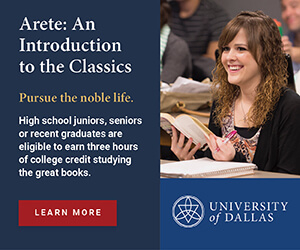After His Resurrection, Jesus appeared to His disciples and said, “Receive the Holy Spirit. Whose sins you forgive are forgiven them, and whose sins you retain are retained.” (John 20:23) By doing this, Christ is instituting the Sacrament of Reconciliation, which gives priests the authority to absolve sins in the name of Christ.
But a listener named Paul recently called in to Father Simon Says™ to ask if this passage has any significance for the laity. Do we have the power to bind and loose sins, or is that reserved solely for the clergy?
Father Simon offered his perspective, saying, “It’s applicable in two dimensions. We have a power to bind. We think those words ‘binding’ and ‘loosing’ apply only to the clergy. And in the Sacrament of Penance, yes they do apply only to the clergy, to the Church, to the structure that Jesus created. However, in each of us we do have a power to bind and to loose.”
Father Simon noted that our power to forgive or hold a grudge is a form of binding and loosing. But it is typically not others that we bind or free, but ourselves.
“To forgive simply means to let go,” he said. “When somebody cuts us off in traffic, or a relative offends us, or a neighbor makes us angry, when we hold onto that we bind ourselves with that sin, and we try to bind them with it. But usually they don’t even realize we’re mad.”
“We stew over this, sometimes for years, and we’re bound in that anger. But the commandment of God is to let it go. Let it go. If somebody puts something on your lawn, is it the end of the world? It might make you crazy because it’s unfair, but the only person you’re hurting by binding that sin is yourself.”
The other dimension of binding and loosing is found in the Confessional. And while the priest, through the ministry of the Church and the Death and Resurrection of Jesus, has the power to absolve sins, there are also times when a person doesn’t want to let go of their sin.
“I look at that passage, to loose and to bind, as the power of the keys of the Confessional,” Father Simon said. “There are moments where you do bind someone in Confession. ‘Father, I’m here in Confession, this is what I did, I’m not gonna change. But I want to go to Communion at my child’s First Communion tomorrow so I’m here in Confession.’ Well, I can’t give them absolution. So even in the sacramental sense, we let people know that they are bound in their sins.”
Father Simon reiterated that the power of forgiveness is the power to let go, to refuse to be bound by our sins or the sins of others. And it is through forgiveness – our own or that which we give to others – that we find the freedom and the peace of Christ.
Listen to the full conversation below:
Father Simon Says airs weekdays at 1:00 p.m. Central on Relevant Radio® and the Relevant Radio App.


